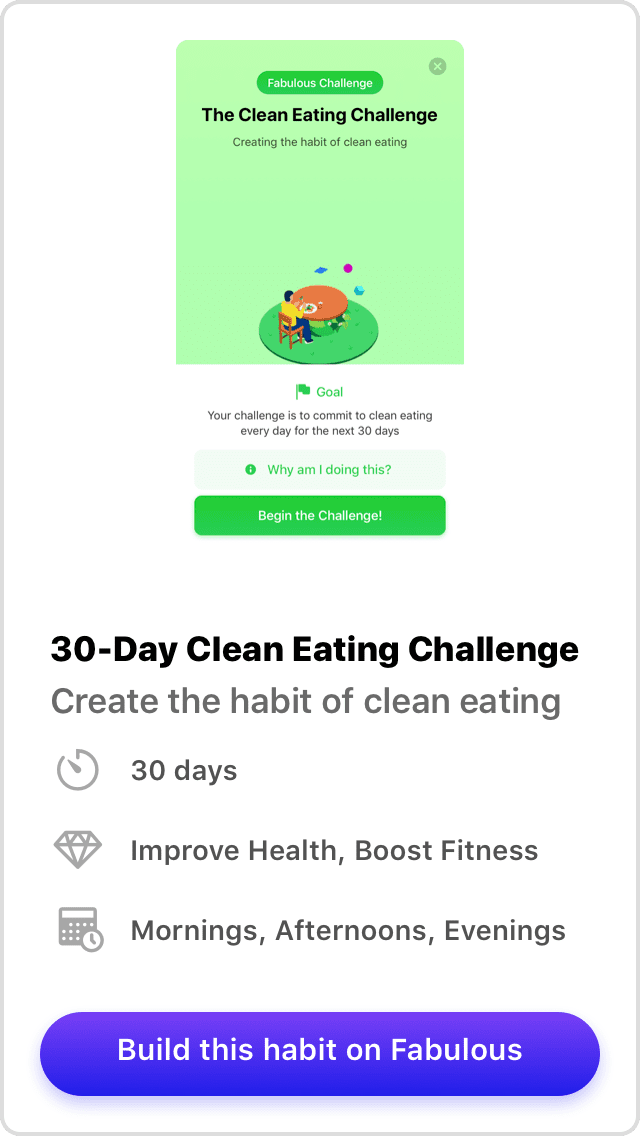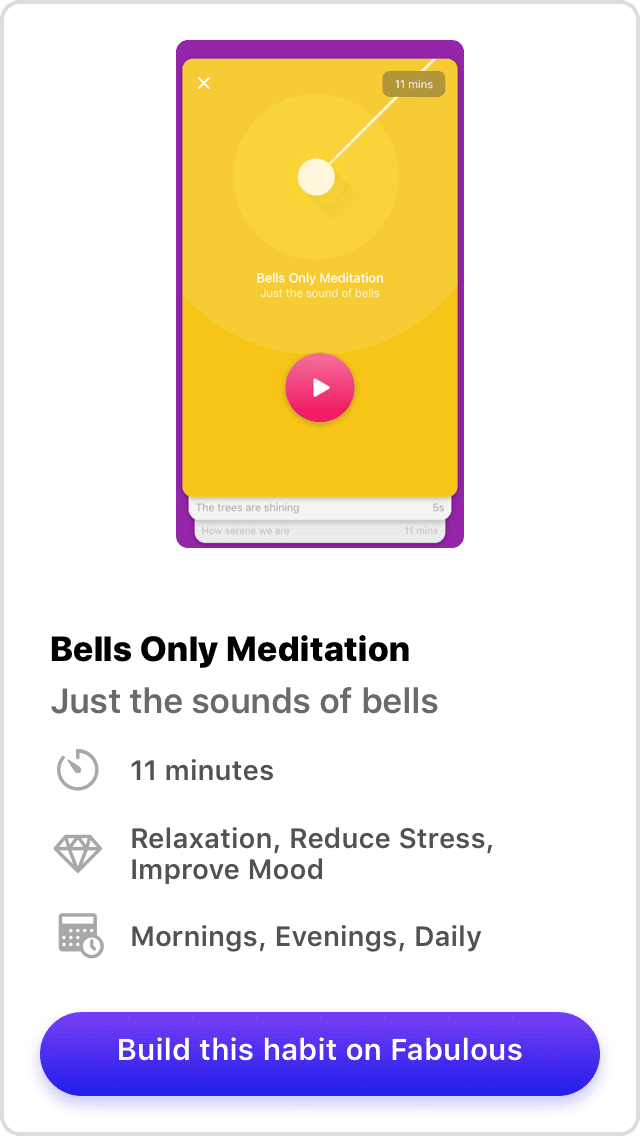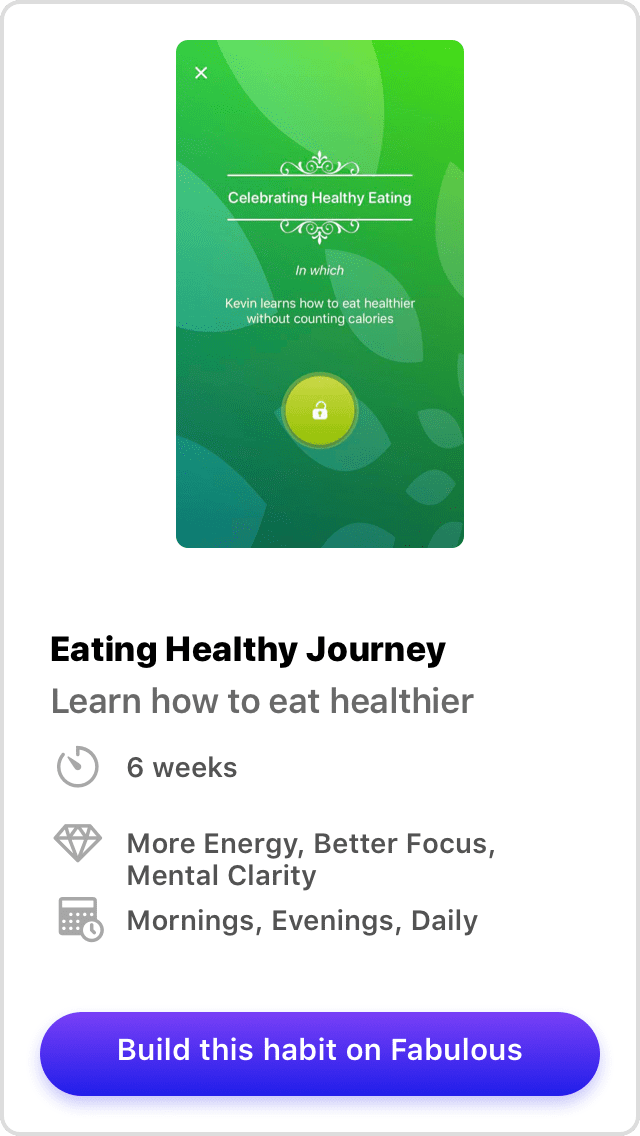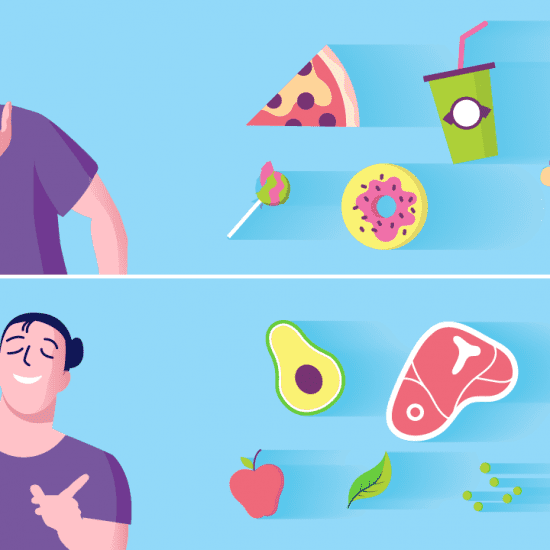You’ve likely heard of the concept of “cheat days” in diets before. Cheat days are designed to be little breaks from our everyday healthy diet. They’re meant to incorporate some wiggle room so you can periodically indulge while still making sure you’re eating mindfully and healthfully.
For years, nutritionists and fitness gurus all over have suggested that you can have cheat days while still meeting typical health guidelines. The idea is that, if you have a specific time period in which you’re allowed to let loose and eat less-than-healthy foods, you’ll be better equipped to resist temptation during non-cheat days. And for many, this is an effective method of balancing their diet while making allowances for special treats.
The occasional caloric splurge will rarely have devastating consequences for your health. However, when you examine the philosophy that underlies cheat days, you’ll find some pretty sinister implications that can cause serious damage if left unchecked.
Looking to reset your diet? Sign up for Fabulous’s Clean Eating Challenge and revamp your relationship with food in just 30 days.
Cheat Days Make a Healthy Diet Feel Burdensome
If cheat days are supposed to be special and enjoyable, what does that make every other day?
Obviously, you enjoy certain foods more than others, and we’re biologically predisposed to crave carbohydrates and fats. But when you treat your cheat days as the only days where food is pleasurable, then that must mean your regular diet is a burden. And feeling burdened by your usual diet will only make it harder to follow, especially if it’s highly restrictive.
But if you practice mindful eating, you can make allowances for treats whenever you want, because you’re constantly making informed decisions about what you want and what’s best for your body.
Cheat Days Pressure You to Eat Poorly
Let’s say your cheat days are Saturdays. One day, you’re particularly busy, and you don’t deviate too far from your usual diet. But then, as nighttime rolls around, you realize you only have a few hours before your cheat day is over, and you’ll have to spend another six days in drudgery while you wait for the next one. What do you do?
Most likely, you’ll start to panic, then tear through your pantry and consume whatever junk food you can with the limited time you have, and that kind of binge eating can leave you with guilt, shame, and a terrible bellyache. Why suffer through all that when you could have just enjoyed a few treats here and there all week?
Cheat Days Shame Us for Enjoying Food
Going back to the previous point, why do you feel guilty after binging unhealthy food? It’s because you’ve been taught to feel shame for eating those things! Food is not inherently good or evil; it’s our own distorted perceptions that attribute morality to what we eat.
Consider also the language people use when they indulge in a special treat. “I fell off the wagon.” “I was bad/naughty.” “I lost control.” This isn’t the language of someone who requested an extra scoop of ice cream for dessert. This is the language of someone who feels the need to punish themselves because ice cream is delicious. And self-hate is never healthy!
If you feel your relationship with food needs reexamining, meditating can be a great way to gain some valuable insight. Try Fabulous’s Bells Only Meditation to give your thoughts space to be heard.
What to Do Instead of Cheat Days
So, what does this mean for the future of dessert? Don’t worry; we’re not telling you that you can never indulge in sweets again. In fact, that’s the opposite of the point we’re trying to make! Being able to enjoy delicious food is one of the greatest parts of the human experience. Food brings people together and is often the centerpiece of celebrations and other joyous occasions. If enjoying rich foods is wrong, we at Fabulous don’t want to be right.
What we’re suggesting instead is that you reevaluate your relationship with food and ask yourself: Why do you feel the need to “cheat” in the first place? Why is having a cookie “cheating”? Why can’t it just be as simple as enjoying a cookie?
Instead of punishing yourself for enjoying food, why not treat those special treats as just that: special! Eating tasty food should be a happy experience, not a shameful one, and being honest with your feelings about food can help you make better, healthier choices going forward. Eating mindfully and making healthy choices most of the time is far more beneficial to your health than the restrict-binge-regret cycle cheat days can often breed.
But What If Cheat Days Work for You?
That’s not to say, of course, that the cheat day structure doesn’t work at all. Some people find that planning their indulgences helps them feel more secure in their dietary routine. When done right, cheat days can be a valuable addition to a mindful eating practice.
For others, however, the cheat day structure can lead to disordered eating patterns or even clinical eating disorders. That’s why it’s so important to examine your relationship with the food you eat.
Put simply, the best diet is the one you’re most willing and able to stick with. If cheat days work for you, then keep having cheat days! But it’s worth understanding what it really means to “cheat” your diet.
Eating healthy doesn’t have to be a burden. Start the Celebrating Healthy Eating journey on the Fabulous app today!






